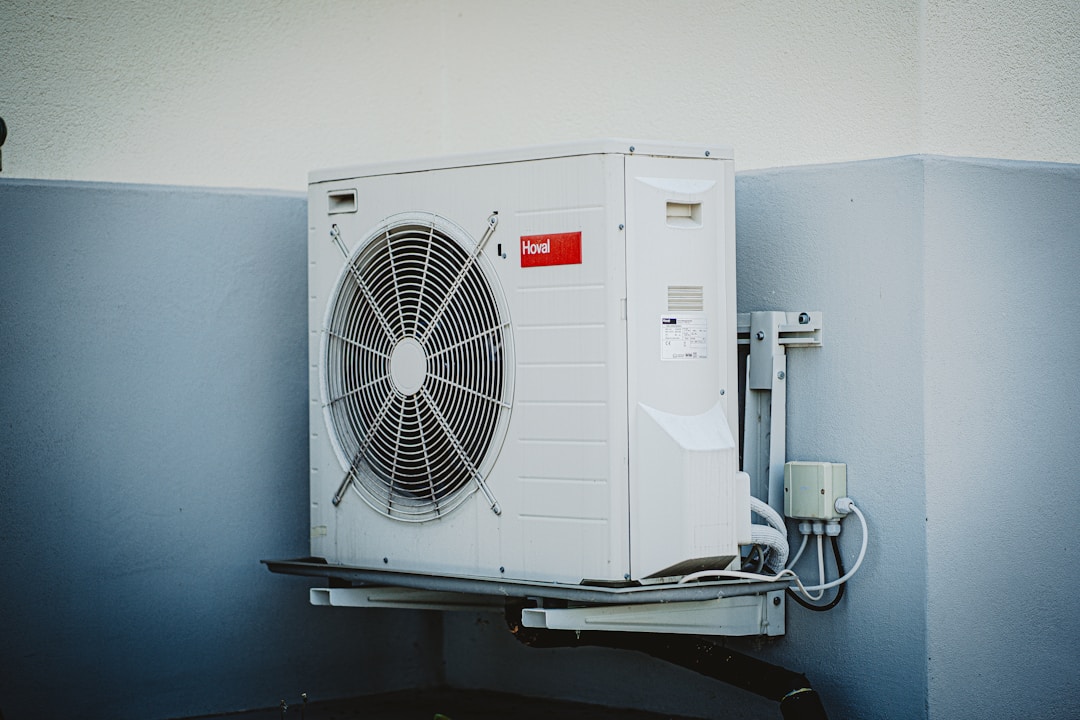Your home’s air conditioning unit is an essential element of your home’s comfort. It helps keep you cool during hot weather, provides clean, fresh air, and reduces humidity levels. However, this vital appliance will only work efficiently if it’s well taken care of. Regular maintenance is critical to ensure that it performs at its optimum level. In some cases, you may even need to replace your system. There are several factors to consider, so you need to weigh your options carefully. In this article, we will discuss when it’s appropriate to conduct a repair or when it’s best to replace your existing AC system.
Assessing the Age and Condition of Your AC System

One of the first factors to consider when deciding whether to repair or replace your AC system is the age of the unit. Most air conditioners have a lifespan of 10 to 15 years, and older units may not be as energy-efficient as newer models. If your system is nearing the end of its life expectancy or if it has had frequent breakdowns, it may be time to consider a replacement. Evaluate the overall condition of the system, including the compressor, fans, and refrigerant, to determine if a repair would be a reliable solution.
Regular maintenance plays a vital role in prolonging your AC system’s life, ensuring its optimal performance. If you have neglected maintenance, your system might not be as effective in cooling your home, or it may be consuming more energy than necessary. In many cases, a professional San Antonio 24-hour AC repair service can resolve these issues with a thorough tune-up, allowing your air conditioner to run more efficiently.
Before deciding whether to repair or replace your AC system, take a detailed look at the unit’s history and note any past problems or repairs. If your unit has had frequent issues or multiple repairs in the past, it might be more affordable to invest in a new one to avoid any recurring problems. Consult a professional HVAC technician to assess the condition of your system and give you an accurate diagnosis for the best course of action.
Evaluating Energy Efficiency and Savings
Upgrading to a more energy-efficient AC system can lead to long-term savings on your energy bills. Older air conditioners often have lower SEER (Seasonal Energy Efficiency Ratio) ratings, and upgrading to a unit with a higher rating can result in significant energy savings. Take the time to research current energy-efficient models and their potential impact on your energy consumption and costs.
Many newer systems offer smart features, such as Wi-Fi connectivity or app control, that can help you monitor and control energy usage. Look at the cost of the repair versus the potential long-term savings through energy efficiency. If your current system has a low SEER rating and the repair cost is high, it may make more sense to replace the unit with a newer, more energy-efficient model. You could also opt for a smart thermostat, which can adjust the temperature automatically based on your preferences, minimizing energy consumption.
Weighing the Cost of Repair Versus Replacement

When deciding whether to repair or replace your AC system, you need to analyze the cost of both options. Obtain quotes for the repair and replacement to see which is the most cost-effective long-term solution. If the repair cost is lower and your system is in good condition, a repair might be the most suitable choice. However, if repair costs exceed 50 percent of the cost of a new system or if your unit is old and on its last legs, replacing it may be the better option.
Keep in mind that with a new installation, you might benefit from warranties and enhanced performance. A long-lasting and comprehensive warranty can provide peace of mind, knowing that your investment is protected in case of any future issues. Discuss warranty options with your HVAC professional to understand their coverage and duration. It’s also a wise move to consider financing options offered by HVAC companies, which can reduce upfront costs.
As you can see, upgrading your home’s air conditioning system requires a thorough evaluation and comparison of repair and replacement costs and benefits. Consider the age and condition of your current AC system, and potential energy savings from upgrading, and seek professional advice to determine the best course of action. By taking a comprehensive approach to analyzing your air conditioning needs, you can make an informed decision that brings comfort, efficiency, and long-term satisfaction.




